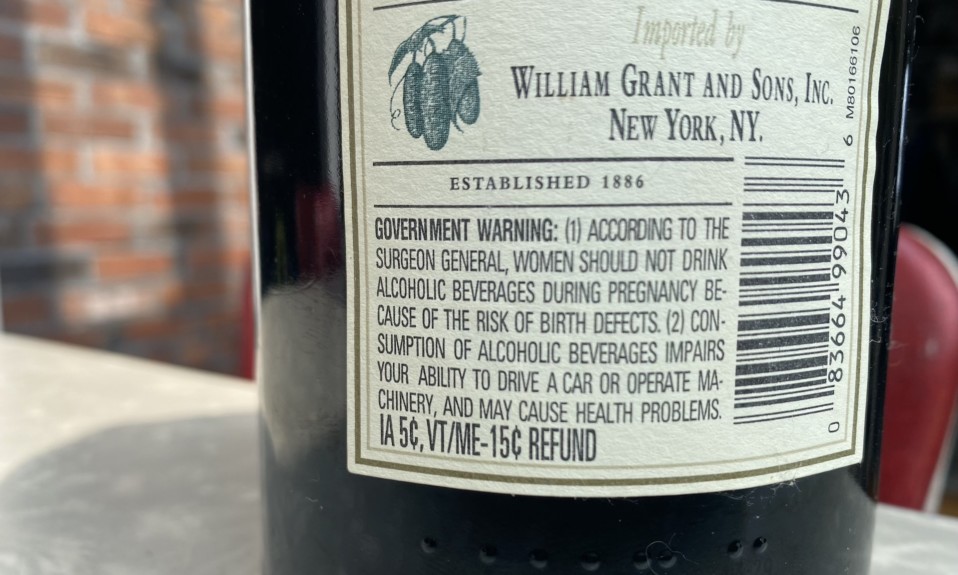Plus: Shortcomings in treatment for alcoholism, and an innovative model for prescribing opioids
By William Wagner
Those who believe marijuana is a relatively benign drug won’t like the results of a new study in the journal Circulation showing that people under 50 with cannabis use disorder (CUD) are increasingly falling victim to heart attacks.
This week, we also examine troubling data on the effectiveness of alcoholism treatment and a new model that aims to reduce opioid prescriptions.
From Circulation:
An Increase in Heart Attacks Among Heavy Weed Users
Not surprisingly, marijuana use in the U.S. has increased as legalization of the drug has become more widespread. With that has come an uptick in people with CUD. And with that has come a consequence that might seem somewhat surprising: a rise in the number people with CUD who have been hospitalized with heart attacks, according to new reporting from the American Heart Association (AHA).
“These data add to the body of literature that there is a red flag with cannabis use in young adults,” Robert Page, PharmD, a professor of pharmacy at the University of Colorado in Aurora, said in a news release by the AHA. “It is not safe. It’s like any other psychotropic medication. It has side effects, and this could be one of them.”
The researchers combed through the medical records of more than 800,000 people in a public database of hospital stays. They found that, in the past decade, the largest increases of heart attack hospitalizations for people with CUD were among:
- Males
- African Americans
- People ages 18 to 34
Overall, the findings don’t bode well for the healthcare system, say the researchers. “If we have more [heart attack] patients coming in because of cannabis use disorder—if there is a temporal relationship—it is definitely going to put a huge stress on healthcare resources in general,” Darshi Desai, ECFMG, a clinical observer at the University of California Riverside, said.
From Drug and Alcohol Dependence:
Alcoholism Treatment Isn’t Working Well
According to new research from the National Drug and Alcohol Research Centre (NDARC) in Australia, alcohol use disorder (AUD) remains a crippling societal problem. NDARC studied World Health Organization (WHO) survey data from 24 countries and found that only 44% of the people who were treated for AUD viewed it as being helpful.
This level of perceived helpfulness was far lower for alcohol use disorders than for others, like mental health disorders. The reasons for these differences are likely manifold.”
—Chrianna Bharat, National Drug and Alcohol Research Centre
In a news release on the study, Chrianna Bharat, a research associate at NDARC, said, “This level of perceived helpfulness was far lower for alcohol use disorders than for others, like mental health disorders. The reasons for these differences are likely manifold. In comparison to treatment for mental disorders, treatment for substance use disorders is often far less well resourced. There are also significant issues around stigma and accessibility of treatment for substance use disorders that are likely far greater than those for mental disorders.”
The researchers believe more emphasis needs to be placed on evidence-based treatments, especially in low- and middle-income countries.
From the Annals of Family Medicine:
A New Opioid-Prescribing Model
A key to preventing opioid addiction is to reduce prescriptions for powerful painkillers. An internal medicine clinic at Oregon Health & Science University (OHSU) seems to have figured out a way to do just that, forming a review board made up of healthcare professionals that meets monthly to review cases involving high-risk opioid-using patients. The goal is to taper these patients off of opioids and move them to safer treatments for chronic pain. “Once we began to discuss these cases, our numbers really began to come down quite steadily,” said co-author Mary Pickett, MD, associate professor of medicine at OHSU.
Photo: Shutterstock














